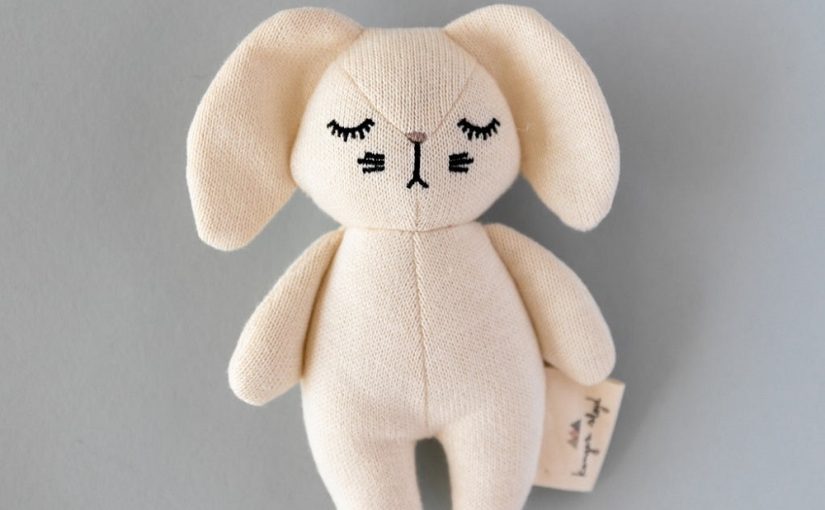The world of baby toys is vast, with countless options available to enhance the playtime experience for infants and toddlers. Among these options, organic baby toys have gained significant popularity in recent years. These toys are made from natural materials and are free from harmful chemicals. Parents are increasingly recognizing the importance of choosing organic toys not just for safety reasons but also for their developmental benefits. This article explores the advantages of organic baby toys for child development and their positive impact on the environment.
Understanding Organic Materials
Defining Organic Baby Toys
Organic baby toys are crafted from natural materials such as organic cotton, wood, bamboo, and natural rubber. These materials are grown without the use of synthetic pesticides, fertilizers, or genetically modified organisms (GMOs). Consequently, organic toys do not contain harmful chemicals that could endanger infants’ health. This focus on natural ingredients is crucial, particularly for babies, who often explore their surroundings by mouthing objects.
The manufacturing process of organic toys typically emphasizes sustainability. Many brands prioritize eco-friendly practices, ensuring minimal environmental impact. This commitment to quality and responsibility makes organic toys a desirable choice for parents seeking safe play options for their children.
Safety First: Importance of Non-Toxic Toys
One of the most significant benefits of organic baby toys is their non-toxic nature. Traditional toys can contain harmful substances, such as phthalates, lead, and BPA, which may pose risks to young children. Babies are particularly susceptible to these chemicals due to their developing nervous systems and higher metabolisms.
When selecting toys, parents must consider the materials used in production. Certified organic toys are rigorously tested to ensure they meet safety standards. By choosing organic, parents can feel more confident that they are providing their children with safe, healthy play options that do not expose them to potentially harmful substances.
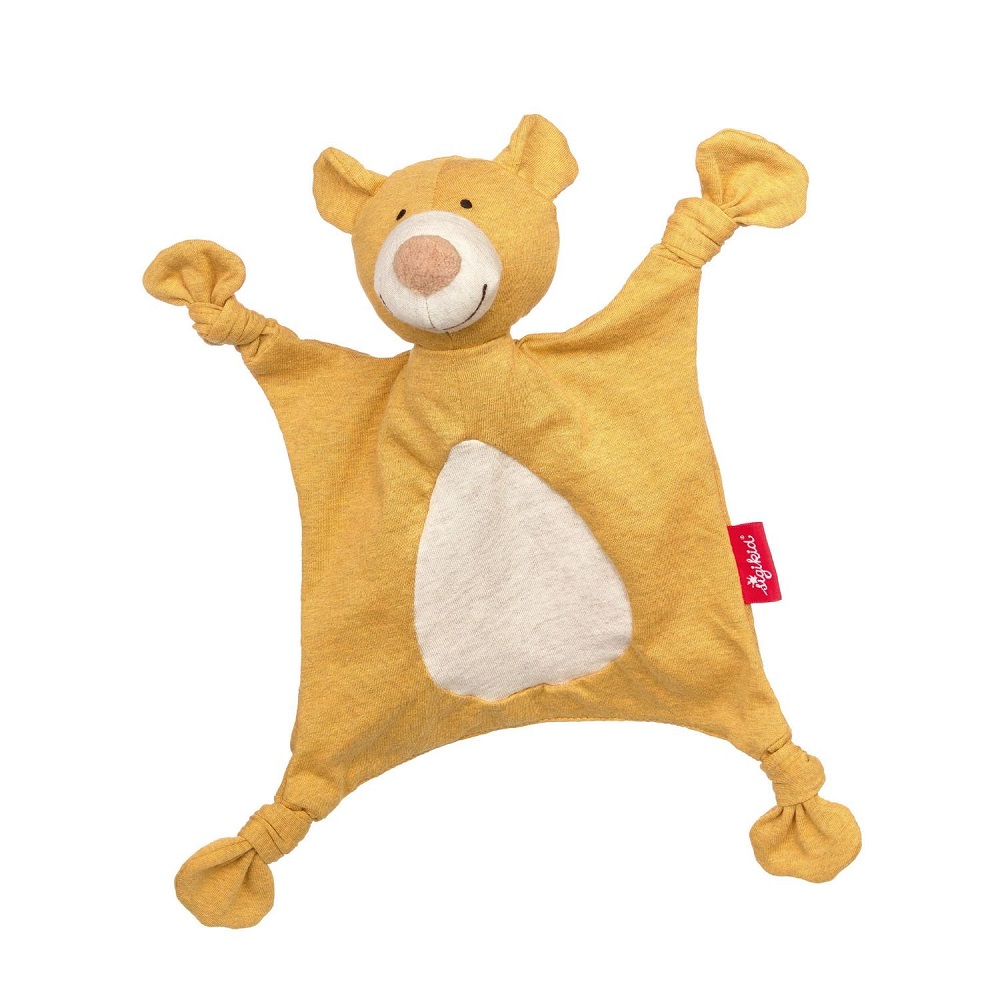
Cognitive Development Benefits
Stimulating Sensory Exploration
Organic baby toys often promote sensory exploration, which is vital for cognitive development in infants. Toys made from natural materials provide a variety of textures, colors, and shapes that engage babies’ senses. For example, wooden toys can offer a smooth, solid feel, while soft organic cotton toys present a plush texture.
By engaging with these diverse materials, babies learn about their environment. This exploration promotes fine motor skills as infants grasp, squeeze, and manipulate toys. Toys that encourage sensory play are essential for brain development—these experiences contribute to neural connections as babies interact with the world around them.
Encouraging Imaginative Play
Many organic baby toys are designed to foster imaginative play. Soft dolls, plush animals, and simple blocks focus on open-ended play, allowing children to use their imaginations. This type of play is crucial for cognitive growth, as it encourages problem-solving, creativity, and communication skills.
When children engage in imaginative play, they create their own narratives, invent roles, and explore different scenarios. Organic toys often avoid complex electronic features, promoting a return to simpler, more natural forms of play. This approach nurtures children’s creativity and social skills as they engage in collaborative play with siblings or friends.

Physical Development Advantages
Promoting Gross Motor Skills
Organic baby toys can play a significant role in the development of gross motor skills. Toys designed for crawling, standing, and walking help babies gain strength and coordination. For instance, push toys and pull toys made from organic materials encourage movement and stability.
These toys support babies as they practice standing and walking, fostering balance and coordination. Additionally, organic toys are often lightweight and easy to maneuver, making them ideal for little ones still developing their strength. Engaging with physical toys during playtime helps babies develop essential motor skills that are crucial for future physical activities.
Supporting Fine Motor Skills
In addition to promoting gross motor skills, organic baby toys can enhance fine motor skills. Toys such as stacking blocks, shape sorters, and simple puzzles encourage babies to manipulate objects with their hands. These activities refine hand-eye coordination and dexterity, which are essential for tasks like writing and self-feeding later on.
Many organic toys utilize design elements that make them easy for small hands to grasp and manipulate, aiding in fine motor development. By incorporating toys that challenge their grasping skills, parents can help their children develop the coordination needed for everyday tasks.
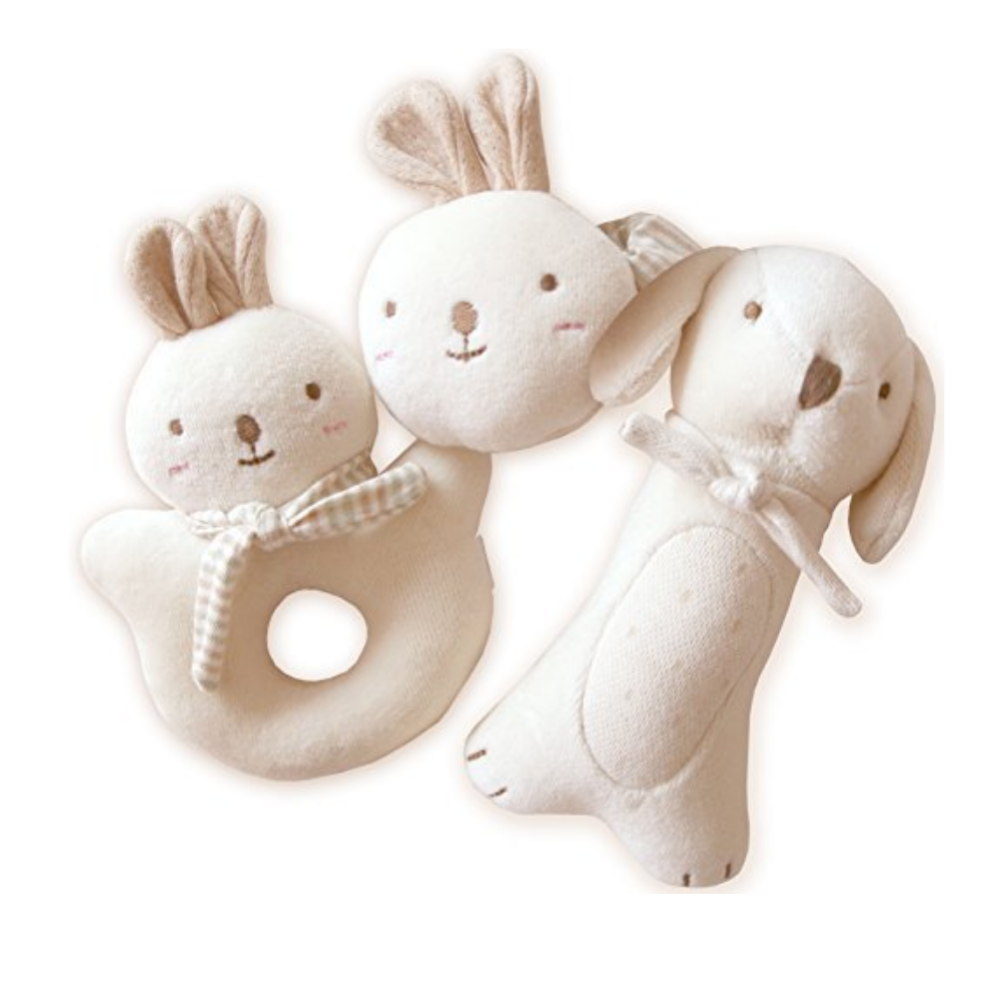
Emotional Development and Social Skills
Building Emotional Connections
Playing with organic baby toys can contribute to emotional development for infants and toddlers. Soft toys, dolls, and plush animals encourage nurturing behaviors, allowing children to form emotional connections with their playthings. When babies engage with their toys in imaginative scenarios, they practice empathy and compassion—key components in emotional development.
Additionally, engaging in play with caregivers using organic toys can strengthen bonds and promote secure attachments. This emotional security is fundamental for future social interactions, enabling children to develop trust and confidence in relationships with peers, family members, and caregivers.
Fostering Cooperative Play
Organic toys can also promote social skills by encouraging cooperative play among children. Many toys are designed for group play, fostering skills such as sharing, negotiation, and teamwork. For example, building blocks can be used collaboratively to construct structures, or simple board games can introduce turn-taking.
Through cooperative play, children learn important lessons about communication and collaboration. They experience a sense of achievement and joy when they work together toward a common goal. These social interactions help prepare children for their future school experiences and friendships, laying the groundwork for strong interpersonal skills.
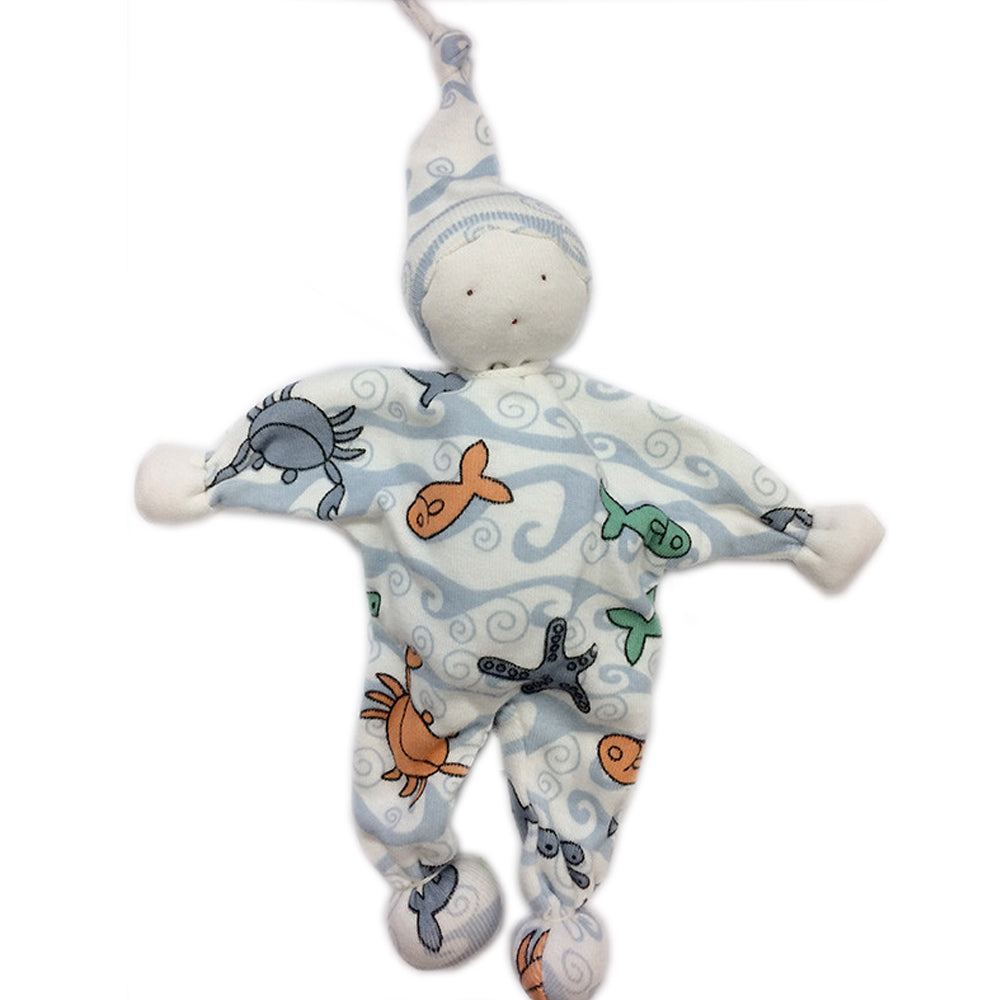
Environmental Benefits of Organic Toys
Reducing Chemical Exposure
Choosing organic baby toys is not only beneficial for children’s health but also contributes positively to the environment. The production of organic toys generally involves fewer chemicals than traditional toys. This reduction leads to less chemical runoff in ecosystems and decreased pollution in manufacturing processes.
Moreover, organic materials are often biodegradable, reducing waste in landfills. When organic toys eventually reach the end of their lifespan, they can break down naturally without leaving behind harmful residues. Parents who select organic toys are making a conscious effort to create a safer, healthier environment for both their children and the planet.
Supporting Sustainable Practices
Many companies that produce organic baby toys prioritize sustainability through responsible sourcing and manufacturing methods. By using materials such as sustainably harvested wood or organic cotton, these manufacturers help support mindful agricultural practices. This commitment to sustainability encourages planting practices that nourish the soil and protect ecosystems.
When consumers choose organic baby toys, they support brands that are dedicated to ethical practices. This demand for sustainable products holds manufacturers accountable, pushing the industry toward more environmentally friendly practices. Supporting such companies contributes to a broader movement that emphasizes the importance of eco-friendly options in daily life.
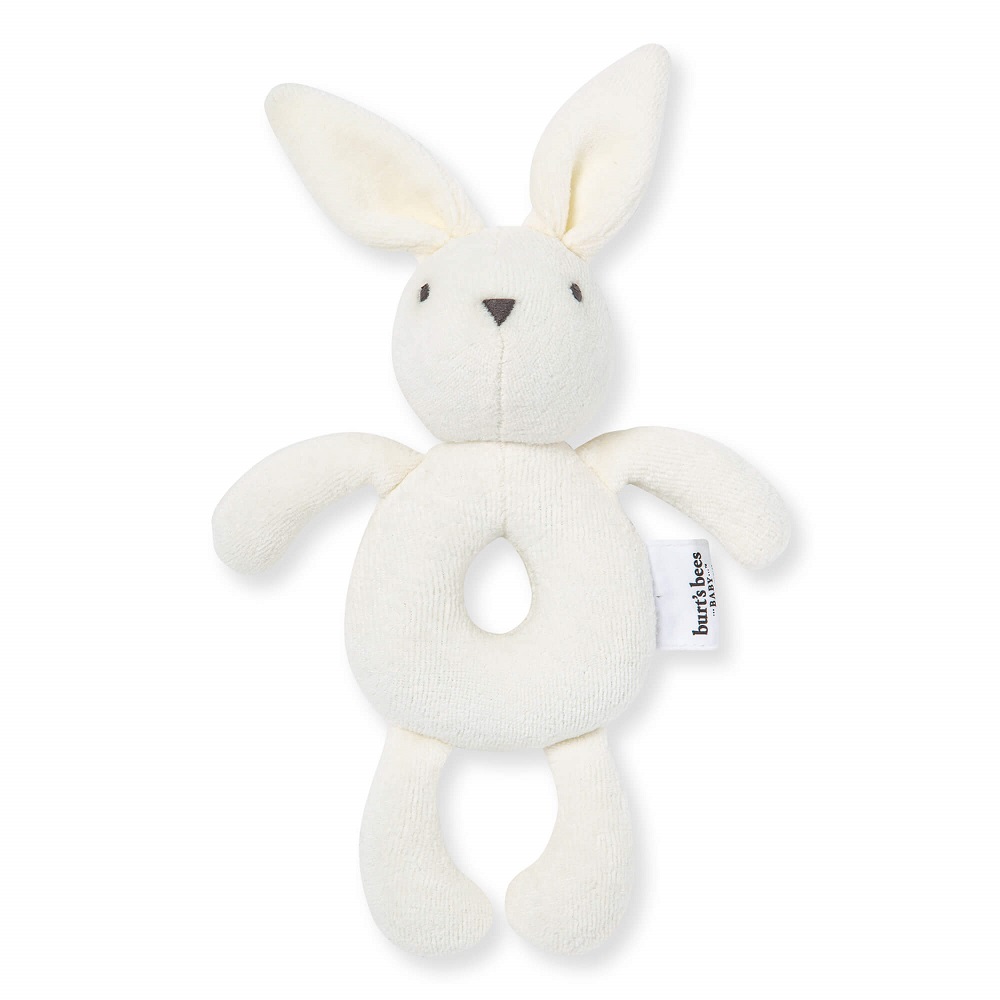
Choosing the Right Organic Baby Toys
Consider Age Appropriateness
When selecting organic baby toys, it is essential to consider the age appropriateness of each toy. Each developmental stage requires toys that provide appropriate challenges and opportunities for learning. For infants, toys that stimulate sensory exploration, such as soft rattles or colorful mobiles, are ideal.
As babies grow into toddlers, toys that encourage fine and gross motor development become increasingly important. Look for organic toys that promote pretend play, building blocks, or art supplies designed for little hands. Ensuring that toys are suitable for your child’s developmental stage will maximize their benefits and enhance their play experience.
Researching Certifications
When purchasing organic toys, it is crucial to look for certifications that guarantee the toy’s organic and non-toxic status. Reputable brands will often display certifications from organizations that validate their adherence to safety and environmental standards. Certifications such as GOTS (Global Organic Textile Standard) or ASTM (American Society for Testing and Materials) assure parents that they are choosing safe, high-quality products.
Researching brands and understanding their commitment to quality will give parents greater peace of mind as they make decisions about toys for their children. With a little research, parents can confidently choose organic toys that will be enjoyable and beneficial for their child’s development.
Creating a Healthier Play Environment
Incorporating Organic Toys Into Daily Life
Incorporating organic baby toys into your child’s daily routine is an excellent way to promote healthy playtime habits. Dedicate a specific area for play that is free from clutter and distractions. By providing a clean and organized play space, you can encourage imaginative and focused play, allowing your child to explore fully.
Rotate toys periodically to keep playtime fresh and exciting. Children can develop a deeper appreciation for toys when they are reintroduced at different stages. Combining organic toys with other eco-friendly play items creates a rich sensory environment that promotes learning and exploration.
Leading by Example
As children grow, it is essential to instill values regarding sustainability and healthy living. Leading by example can encourage young ones to appreciate organic products and environmental consciousness. Discuss the benefits of choosing organic baby toys and how they contribute to a healthier planet and future.
Involvement in eco-friendly activities—such as gardening, recycling, or participating in community clean-ups—can further reinforce these values. When children see their parents actively prioritizing health and the environment, they are more likely to develop similar habits and become responsible stewards of the planet.
In conclusion, organic baby toys offer numerous benefits for a child’s development while making a positive impact on the environment. With their non-toxic materials, these toys promote cognitive, physical, and emotional growth. By choosing organic options, parents can ensure their children have safe, quality toys that stimulate play and learning.
Furthermore, the environmental benefits associated with organic toys contribute to the broader movement toward sustainability. As conscientious consumers, parents can support brands dedicated to eco-friendly practices and ensure that their choices benefit both their children and the planet. By understanding the advantages of organic baby toys and incorporating them into their children’s lives, families can create a healthier future for generations to come.
